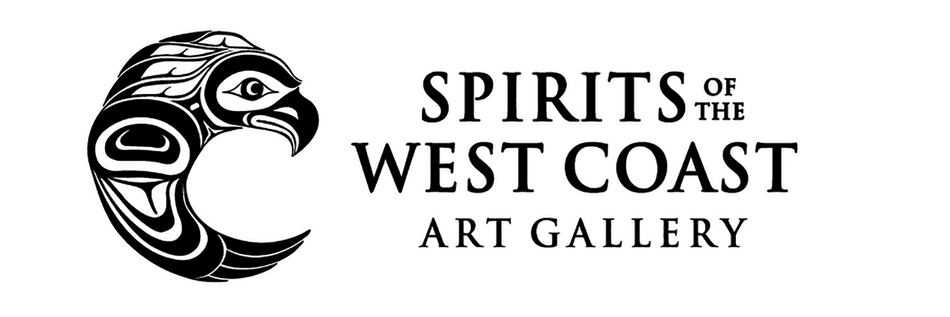
Throughout history, Aboriginal societies in North America have relied on the oral transmission of stories, histories, lessons and other knowledge to maintain a historical record and sustain their cultures and identities. According to scholars Renée Hulan and Renate Eigenbrod, oral traditions are “the means by which knowledge is reproduced, preserved and conveyed from generation to generation. Oral traditions form the foundation of Aboriginal societies, connecting speaker and listener in communal experience and uniting past and present in memory."2
Western discourse has come to prioritize the written word as the dominant form of record keeping and until recently, Westerners have generally considered oral societies to be peoples without history. This could not be further from the truth. Oral societies record and document their histories in complex and sophisticated ways, including performative practices such as dancing and drumming. Although most oral societies, Aboriginal or otherwise, have now adopted the written word as a tool for documentation, expression and communication, many still depend on oral traditions and greatly value the oral transmission of knowledge as an intrinsic aspect of their cultures and societies.
Read more here: http://indigenousfoundations.arts.ubc.ca/home/culture/oral-traditions.html




